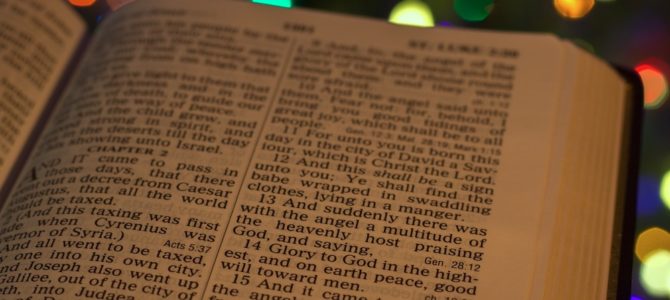
In a tribal village in India during the season of preparation for Advent on a late November night, a mob attacked more than 100 of the community’s Christians. About 50 people armed with homemade weapons targeted Christians in the Sukma district of India’s Chhattisgarh state, burning Bibles and destroying property in the early hours of Nov. 25.
For these humble Christian villagers — like so many other persecuted believers around the world — the Christmas season is a time of heightened persecution and fear. For some Christians living in India’s rural areas, associating with holiday festivities can make them targets.
Non-Hindu religious minorities in India often endure intense social hostility and violent mob attacks by radical Hindu nationalists any time of year. Fear of being attacked by Hindu radicals has, at times, caused Indian churches to cancel official Christmas celebrations.
Indian Christians are not the only ones fearing increased persecution around the holidays. Christians in neighboring Pakistan also have cause for concern at Christmastime. Sudden bursts of mob violence fomented by Islamists are a risk for Pakistani Christians, a small minority making up less than 3 percent of that country’s population.
Dec. 25 is a public holiday in Pakistan, but it celebrates the birth of the country’s founder, Muhammad Ali Jinnah, rather than the Son of God. Major Christian holidays such as Christmas and Easter can inspire attacks against churches in Pakistan.
This issue is so widespread that security forces deployed to protect churches and Christmas celebrations last December. More than 1,000 police officers protected Christian houses of worship in Islamabad alone. While it is good that Pakistani officials took this step, the fact that it was necessary is a clear indication of the risks of being a Christian and celebrating Christian holidays in Pakistan.
In Iran, the government poses the greatest threat to believers at Christmastime. The Iranian regime is known for cracking down on Christians around the holiday, likely because Christmas gatherings create easy targets.
Dabrina Bet Tamraz, an Assyrian Christian from Iran, knows this well. Her father pastored a church and spent years appealing his prison sentence in Iran before fleeing to Europe. She told Al Arabiya, “Christmas celebrations make it easier for Iranian authorities to arrest a group of Christians at one time.”
Recounting a 2014 family Christmas gathering, Tamraz said, “My brother opened the door only to be confronted with about 30 plainclothes officers who pushed their way in. They separated men from women and conducted strip body searches. Three people, including my father, were arrested and charged with acting against national security and conducting evangelism.”
Through Christmas crackdowns, Iranian authorities hope to suppress the underground church, which is composed mainly of converts from Muslim backgrounds. The regime feels threatened when people leave the state religion, and it takes every opportunity to contain the expanding underground evangelical church.
The story is different in secretive North Korea. The North Korean regime has made a concerted effort to eradicate religious belief, meaning any expression of faith poses serious danger. Christians are prohibited from practicing their religion, and Christmas is not acknowledged.
Instead, on Dec. 24, North Koreans are encouraged to celebrate the birthday of Kim Jong Un’s deceased grandmother, Kim Jong Suk, with pilgrimages to the town of her birth. Yet signs of Christmas exist in the capital of Pyongyang. Christmas trees can be found in high-end restaurants and stores, complete with decorations and strings of lights.
In North Korea, however, these symbols are stripped of any religious connotation, and they are often kept up year-round, further removing the trees from their place in Christmas traditions. It is bizarre that while North Korea detains tens of thousands of Christians in labor camps, restaurants and stores use decorations from a holiday celebrating the Christian Savior.
As we prepare to celebrate Christmas this year, may we remember persecuted Christians across the globe who do the same, though at great risk to themselves. Ultimately, however, the men and women who seek to crush Christianity will be disappointed.
More than 2,000 years ago, Christ was born in the humblest of places to a community not well-liked by its rulers. It was into this context that God chose to send His Son to offer salvation to mankind. For persecuted Christians around the world, the hope of the gospel celebrated at Christmas is a light that no force of darkness can extinguish.









